CBS and DTU become ‘partners in science’ to defeat societal challenges
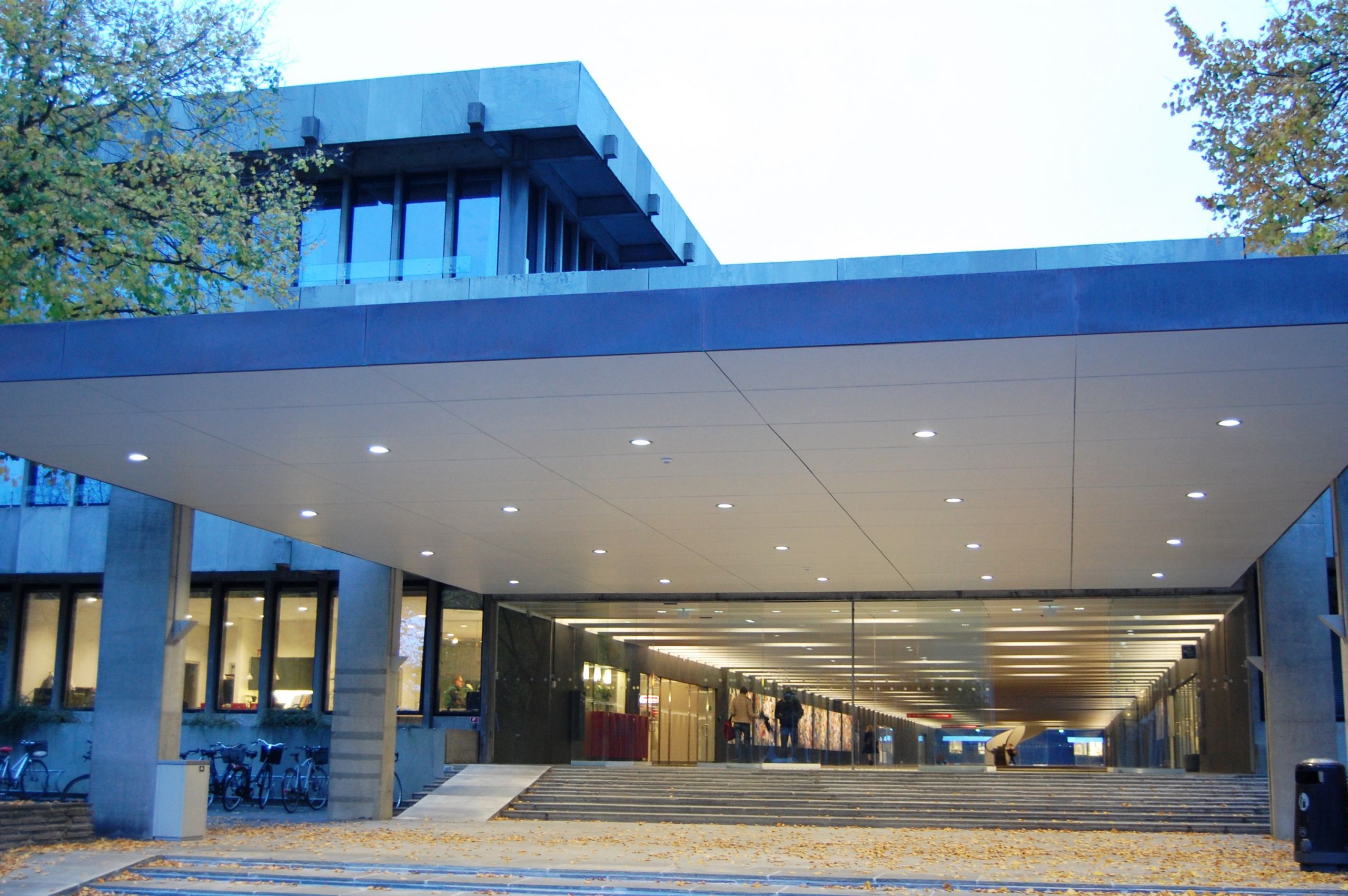
Main entrance, DTU Lyngby Campus. (Photo: DTU)
By sharing bright brains and collaborating on master’s programs, CBS and DTU want to contribute to overcoming challenges such as the green transition, artificial intelligence and even pandemic control, while spurring new business adventures for Denmark. And since the two universities are leading lights in their fields, together they can become stronger, according to the President of CBS.
CBS and the Technical University of Denmark (DTU) have established a new collaboration on master’s programs, executive master’s programs, interdisciplinary research and student projects.
The aim of the increased interdisciplinarity is to contribute towards solving societal challenges as well as boosting Denmark’s competitive power.
The collaboration is a part of the first 12 cross-cutting initiatives in the implementation of the new strategy of CBS, and even though the two universities already have several local collaborations, this is the first time the two universities are joining forces on an institutional level.
And since he took office as the President of CBS nearly two years ago, it has been one of Nikolaj Malchow-Møller’s key issues.
“I’m very excited that we are now able to convert our intentions in the new strategy into concrete actions with this collaboration,” he says.
Besides providing options to help solve societal challenges and fortify the competitiveness of Denmark, the partnership strategy will enhance the relationship between the two universities in terms of education, research and innovation.
The idea is that by educating students together and devising research-based solutions across academic disciplines, CBS and DTU can contribute to Denmark’s leading position in the green and digital transition.
United frontrunners
The new partnership between CBS and DTU is a concrete realization of the ambitions that have been laid out by Universities Denmark that all aim at increased collaboration between universities.
But aside from responding to the demands of Universities Denmark, there are many other good reasons behind why the two universities are uniting just now, according to Nikolaj Malchow-Møller.
“There’s a call for interdisciplinary competences if we are to solve some of the major challenges we’re facing as a society,” he says and elaborates:
“For instance, the green transition can’t happen through technology alone. It also demands knowledge and competences from social sciences and business. In other words, if we want to create changes in society, professional competences must work together. And that’s the idea behind the new collaboration between DTU and CBS.”
According to the president, the interdisciplinary collaboration might have an effect on strengthening Denmark’s competitive power as well as broadening the professional horizons of both students and professors at both universities.
“By working together, we can not only successfully address challenges such as the green transition, but we might also spur new business adventures for Denmark,” he says and goes on:
“Furthermore, through this collaboration, we are enabling our students to strengthen their professional competences. We are also helping our researchers and professors to take part in interesting, ambitious and relevant interdisciplinary projects. And by doing that, we can help society with the challenges we’re battling against.”
Contributing to a successful green transition, providing sustainable solutions and improving Denmark’s competitiveness might seem like a rather ambitious mouthful. And Nikolaj Malchow-Møller acknowledges that CBS and DTU cannot solve such societal challenges all on their own.
However, he’s firmly convinced that by unifying each of their professional competences, CBS and DTU can bring significant contributions to the table.
“Separately, CBS and DTU are leading institutions within their respective fields. And by combining forces, I strongly believe that the more we cross-collaborate and the sooner we can actually begin collaborating, the more we will be able to contribute to society,” he says.
Interdisciplinary ideas
The collaboration is set to become a reality over the course of 2021. Therefore, in these early days of 2021, DTU and CBS have just begun rolling up their sleeves.
Nevertheless, the new partners have already outlined some concrete ideas that they might want to explore while realizing their ambitions.
“For instance, one idea is to offer students the chance to take a ‘technology semester’ at DTU or a ‘business semester’ at CBS as part of their master’s studies, which could be supplemented with cross-university challenges, case competitions and the like, where students can work with large societal challenges such as the green transition, artificial intelligence or pandemic control,” Nikolaj Malchow-Møller says and continues:
“In addition to this, we would like to establish new joint executive master’s programs that combine technology and business subjects.”
However, not all the ideas relate to students. Researchers from the two respective universities are also included on the noticeboard of ideas.
“When research funding is allocated, whether at national or international level, much of it is targeted towards interdisciplinary mission-oriented research projects. In other words, we are seeing a clear demand for interdisciplinary knowledge,” the President says and goes on:
“However, there’s a tendency in interdisciplinary research for the process to begin with one of the scientific disciplines before the other disciplines join in. We believe it’s important that researchers from different disciplines join forces during project development. And that’s exactly what we want our researchers from DTU and CBS to do.”
Although Nikolaj Malchow-Møller underlines that the collaboration is still poised to begin and therefore nothing is yet set in stone, his expectations about the new partnership are clear.
“From an optimistic perspective, I’m hoping that we’ll be able to devise some great solutions to the societal challenges we’re facing. On a more modest level, I hope we’ll lay the groundwork for a tradition featuring more interdisciplinary collaborations between universities – especially within the fields of business and technology,” he says.



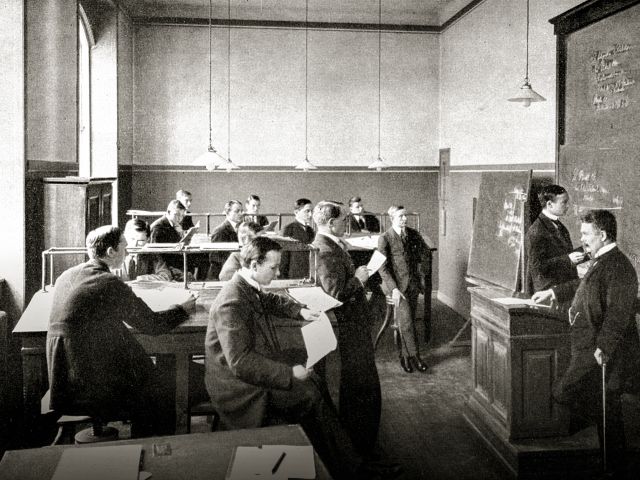
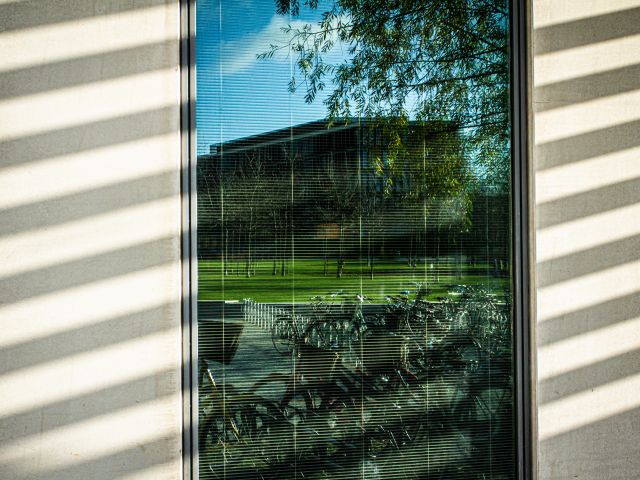
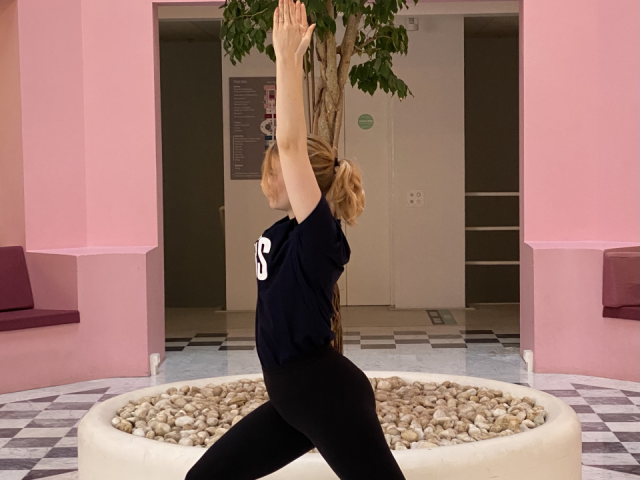
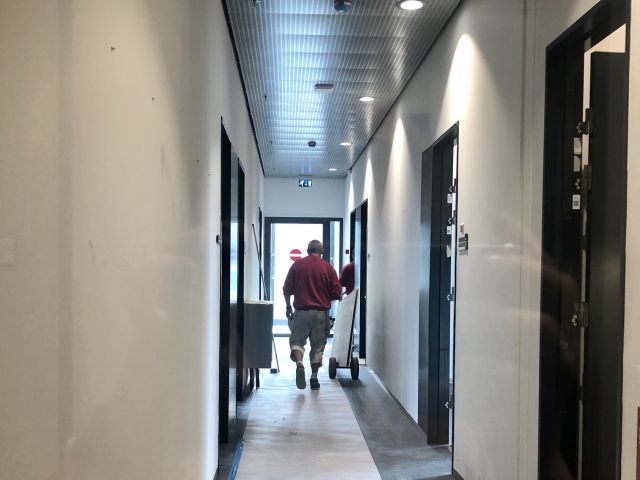
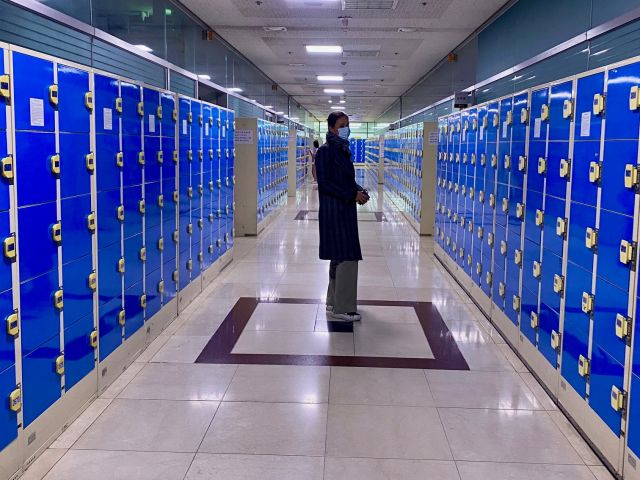




























































































































Comments